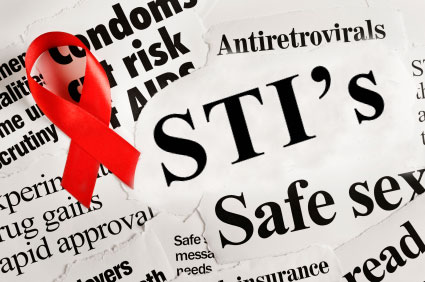Adrenal fatigue is the result of prolonged stress by being exposed to stress, your body releases the stress hormone cortisol that’s produced by your adrenals.
Once your stress has become chronic, your adrenals stop producing adequate amounts of cortisol and other important hormones. This leads to adrenal fatigue. Adrenal fatigue is characterized by low blood pressure, loss of appetite, weakness, and loss of body hair.
If you suspect you have adrenal fatigue, there are some ways that can help you to get rid of it. One of the most effective methods to combat stress-related adrenal insufficiency is to adjust your diet. Eating the right foods will help your adrenal glands heal and work properly.
What to eat and what to avoid to support adrenal health? Here are ten simple steps to improve your diet:
1. Add ghee to your diet
Ghee is clarified butter that’s free from potentially harmful additives, trans fats, and preservatives. The fat contained in ghee is rich in good cholesterol that’s essential for adrenal function and production of sex hormones.
In addition to being beneficial for your adrenal glands, ghee can improve your joint health, provide your body with vitamins D, A, K, and E, and support your digestive system.
2. Limit white flour products
Adrenal fatigue leads to hypoglycemia. This can make you crave sugar and fast carbs. Foods made from white flour are full of fast carbohydrates and, thus, can raise your blood sugar. All these results in blood sugar spikes. In response, your body releases too much insulin that contributes to hypoglycemic symptoms and more cravings.
3. Eat grass-fed meat
If you want to combat adrenal fatigue, consider eating grass-fed meat. It’s rich in omega-6 fatty acids and omega-3 fatty acids, building blocks for hormones produced by your adrenal glands. Another reason to eat grass-fed meat is that it contains high-quality protein needed for proper adrenal function.
4. Avoid gluten-containing grains
Gluten is the protein found in rye, wheat, barley, and many other grains. Many people with chronic conditions have sensitivity to gluten. If you have adrenal fatigue, there is a possibility you have gluten intolerance or sensitivity. Eating gluten-containing foods can drive overall inflammation that affects adrenal function. To be sure you have gluten sensitivity or intolerance, consult your healthcare provider and perform a blood test.
5. Consume liver
The liver is full of easily absorbed minerals, B vitamins, good cholesterol, and healthy fats. Eat liver at least once a week to ensure intake of essential nutrients. Choose organic liver, it’s free from pesticides and other toxins that are found in conventionally grown animals.
6. Eliminate sugars from your diet
All sugars can enhance overall inflammation and decrease your immune system making you prone to dysbiosis and insulin and blood sugar spikes. Instead, eat more fruits rich in fiber such as apples, pears, bananas, and oranges.
7. Increase your intake of non starchy veggies
Non starchy foods will not only provide your body with dietary fiber but they will also reduce overall inflammation, regulate insulin and blood sugar levels, and decrease the stress on your adrenal glands.
8. Eat pumpkin seeds
Pumpkin seeds are rich in valuable nutrients like magnesium, zinc, vitamin E, B vitamins, and omega-6 fatty acids. All these substances promote adrenal health. Pumpkin seeds also contain antioxidants that can protect your adrenal glands against oxidative stress.
9. Add fatty fish to your diet
Omega-3 fatty acids help combat inflammation caused by chronic stress and help your adrenals heal. Choose wild-caught fatty fish like salmon, herring, and mackerel.
10. Consume seal salt
If you have adrenal fatigue, you will likely have hypotension (low blood pressure). Low blood pressure can cause salt cravings. This can be caused by low aldosterone levels. Aldosterone is a hormone that regulates blood pressure and electrolyte balance.
Hypotension can lessen your sodium levels resulting in kidney and heart problems. Try adding high-quality sea salt to your diet to maintain healthy sodium levels. Making the right food choices will help you support adrenal function and achieve normal levels of hormones.





